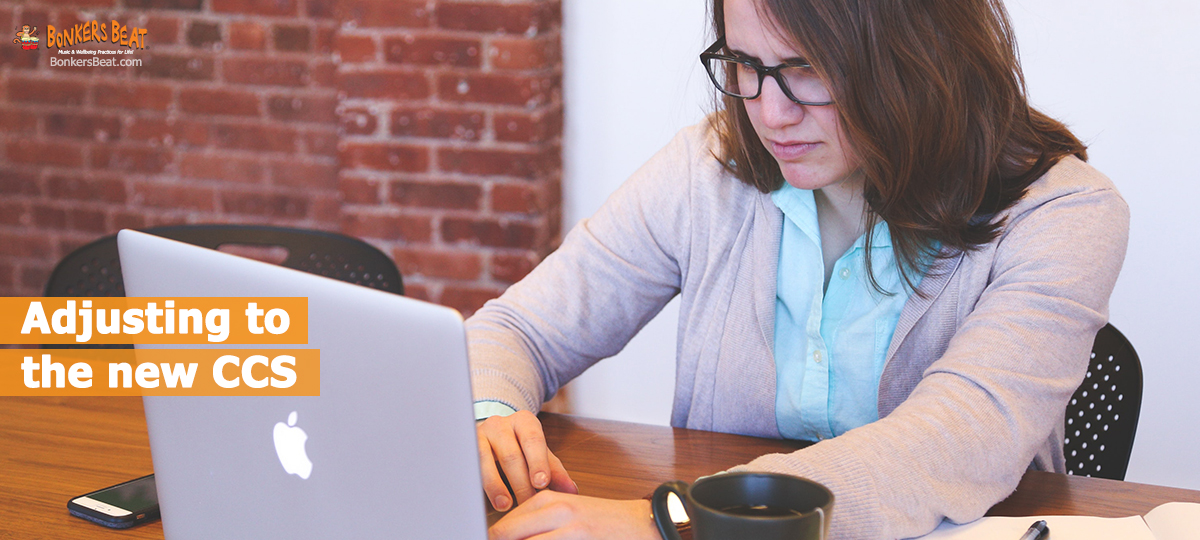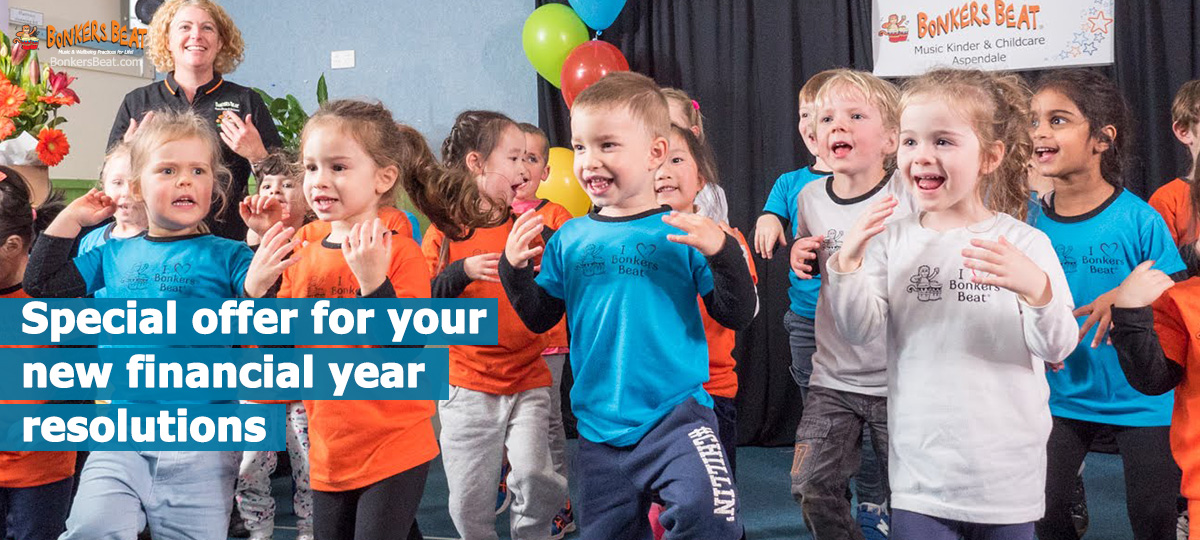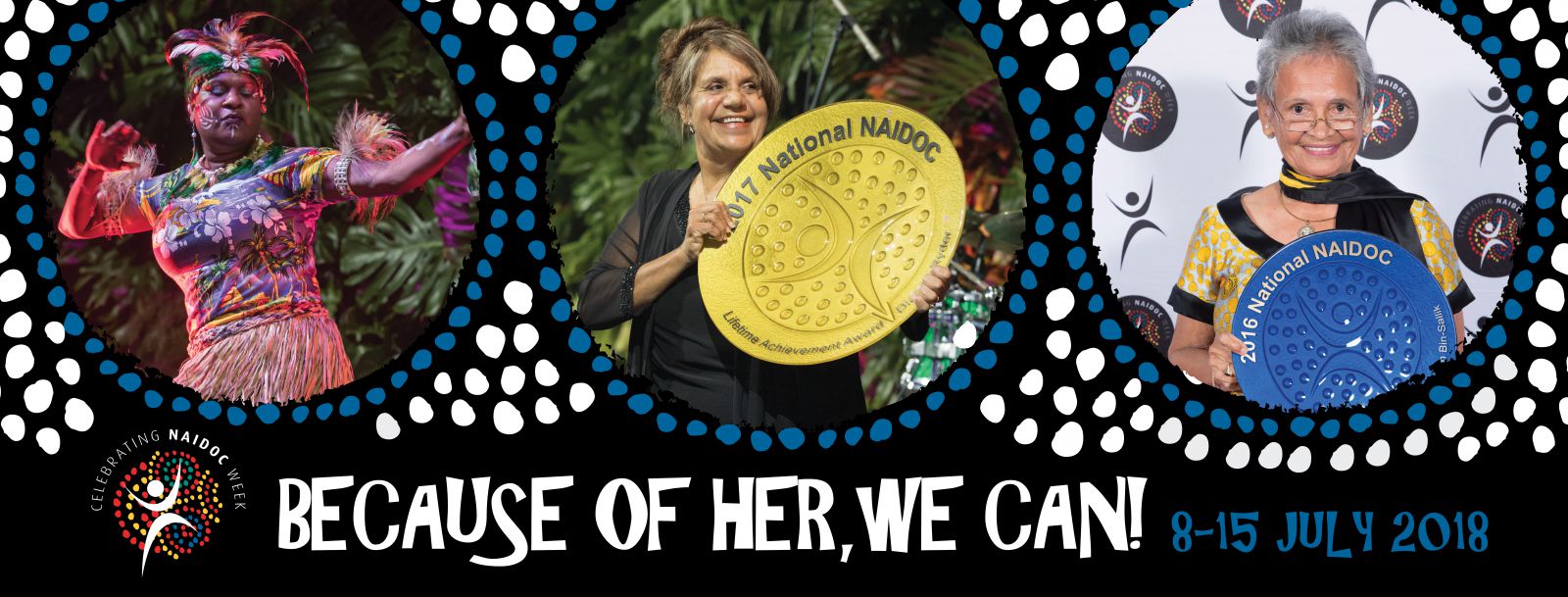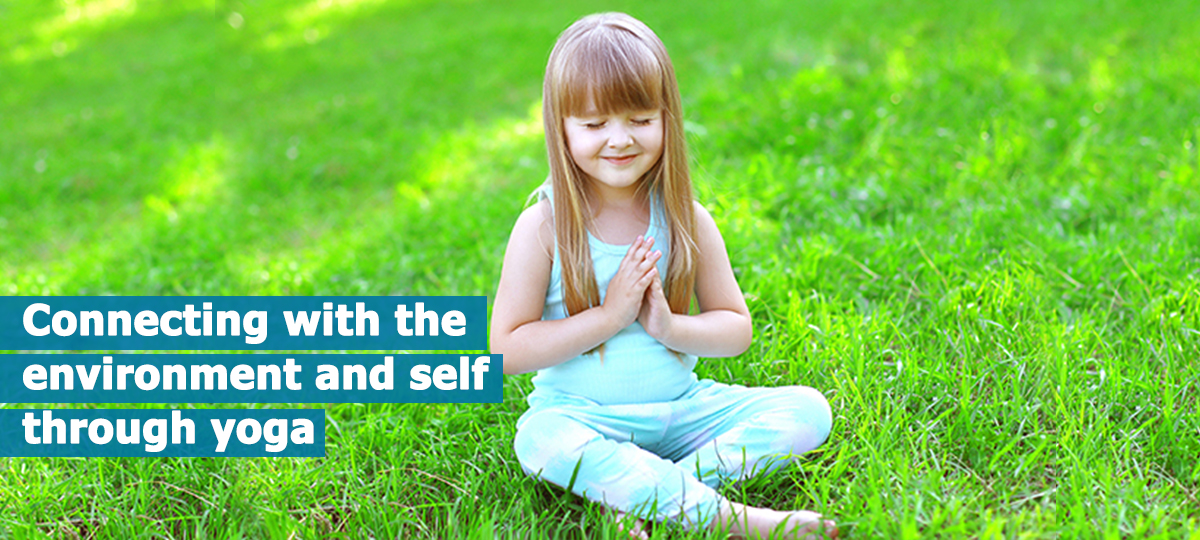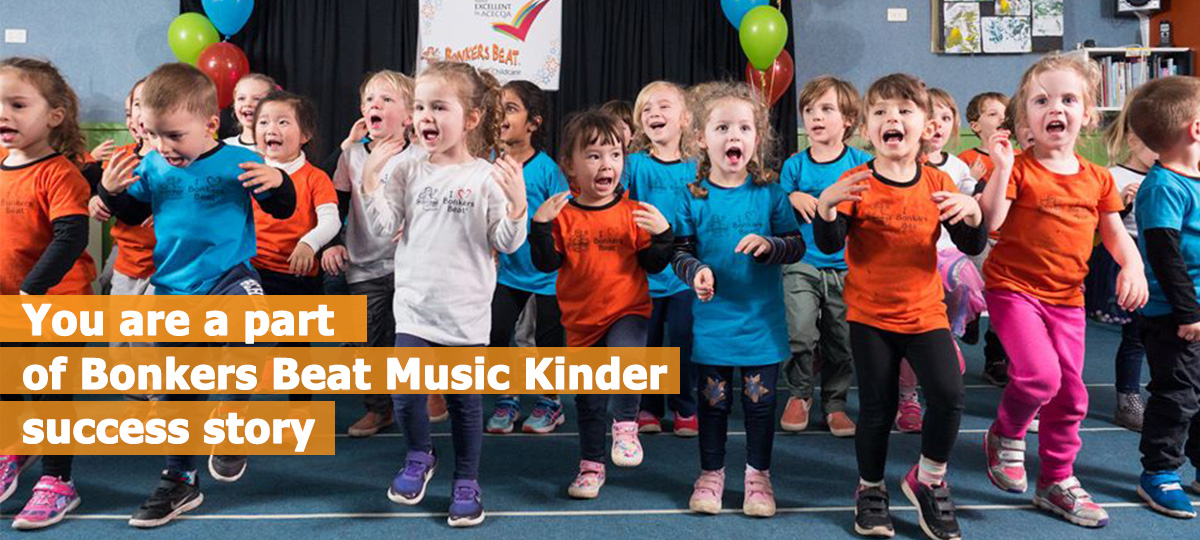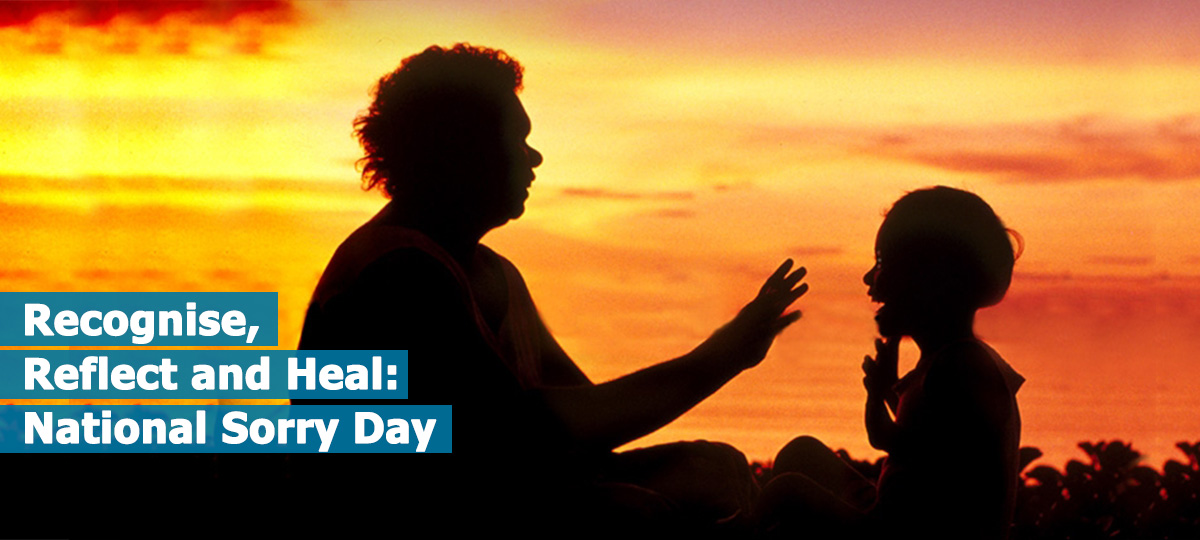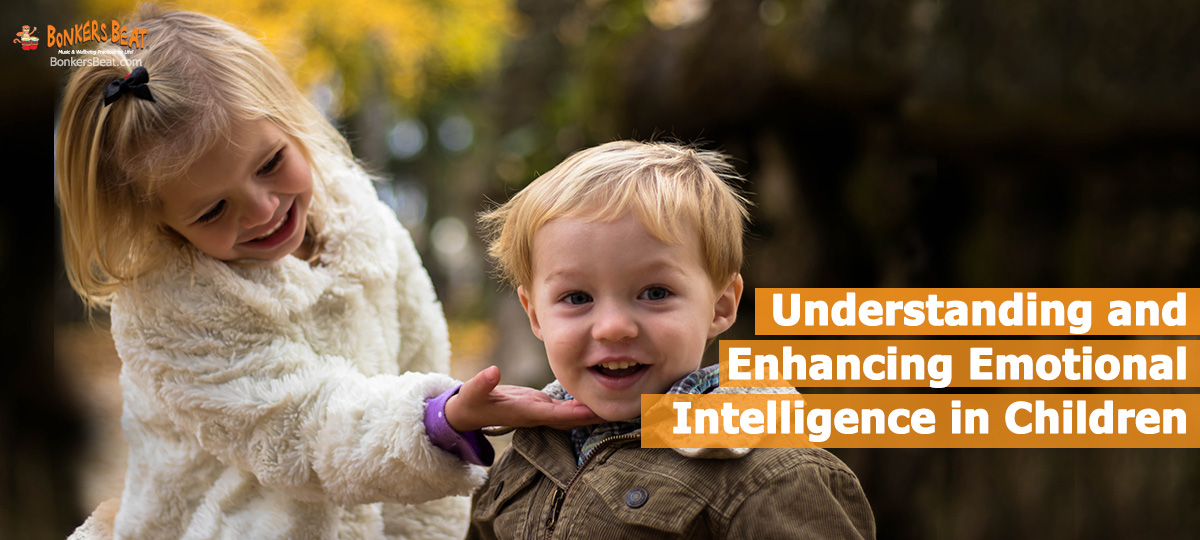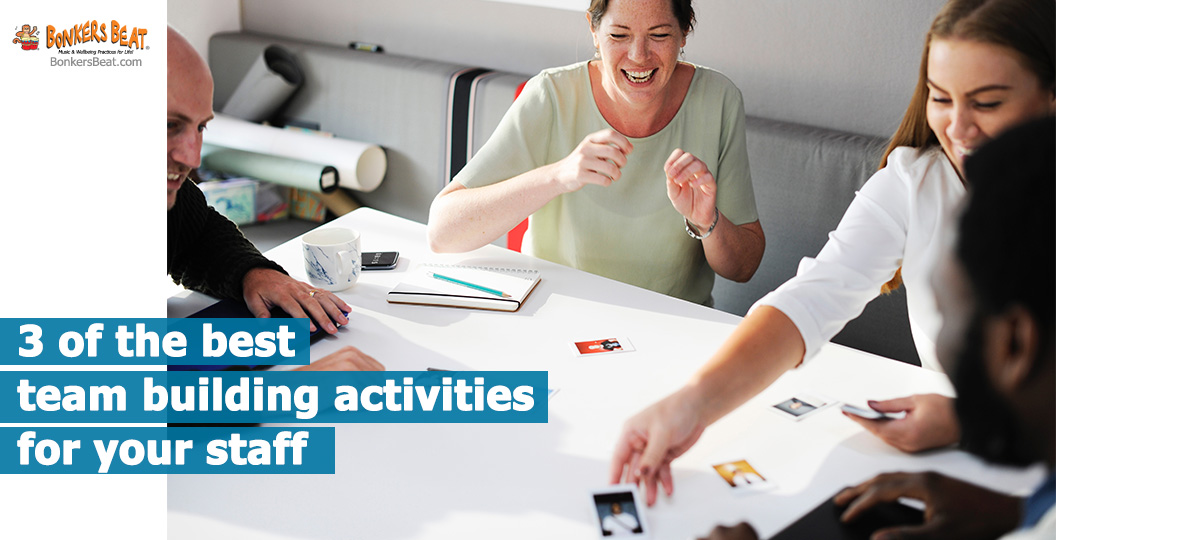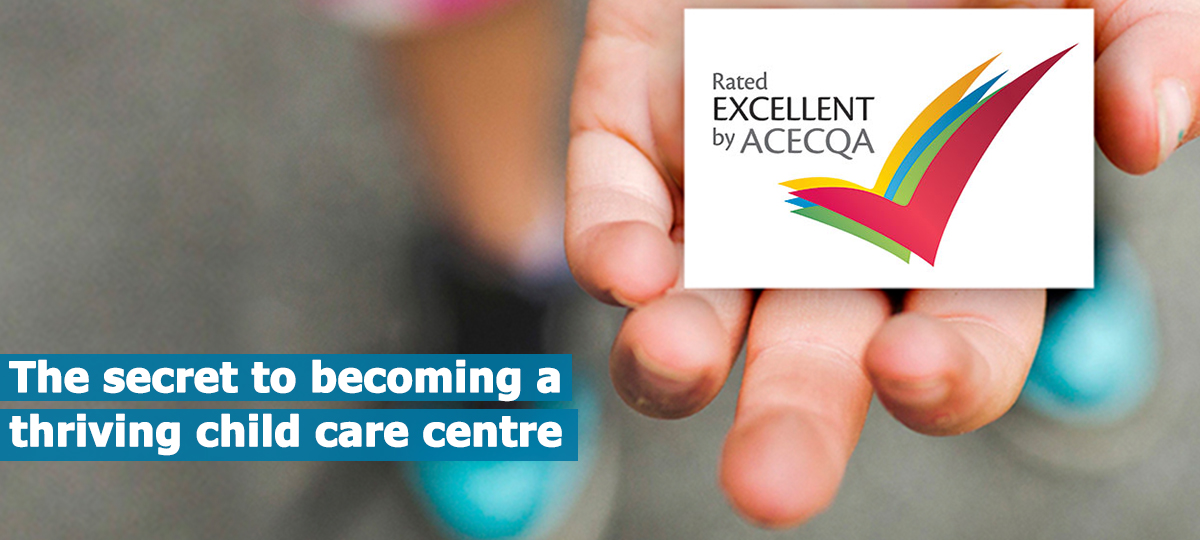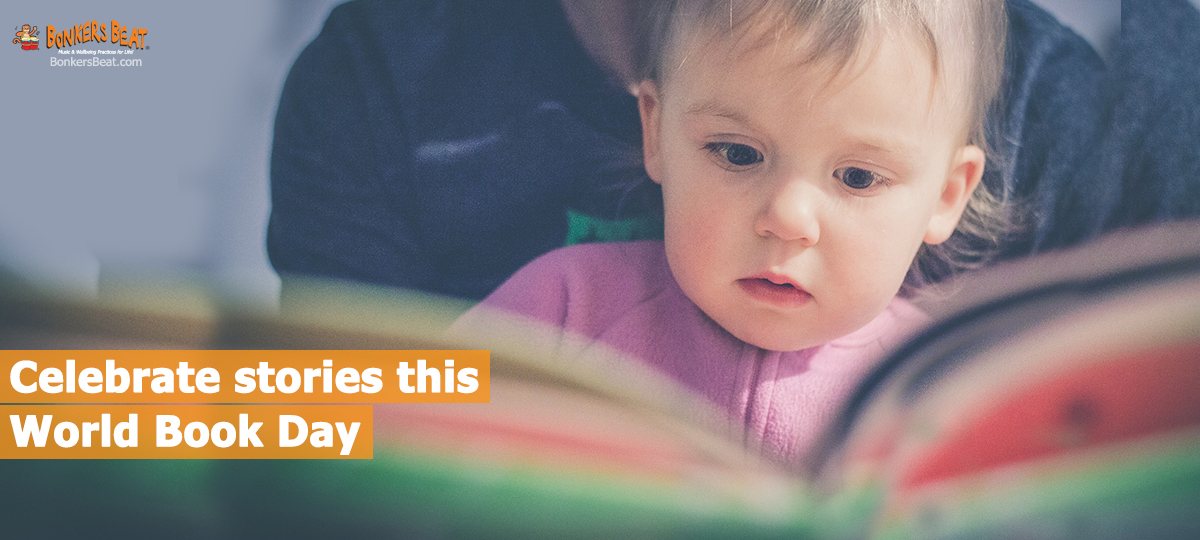Here we are in the second half of 2018 (when did that happen?!) and with it comes the new Child Care Subsidy system.
It’s been really interesting speaking to centres about their thoughts on the new CCS, with some finding it to have been a relatively smooth transition, while others have found it stressful in one or more ways.
If you’re one of the centres who hasn’t had a positive experience with the new CCS, know that you are not alone! Of course, everything new can take a while to settle as we all adjust to new systems along with handling queries and concerns from families.
CCS stress for some centres
One of the reasons centre owners, directors and educators have been feeling stressed about this transition is because of how it has affected families who attend their service.
For some families, the CCS changes have seen the cost of their child care increase and at times the reaction to this has been directed at centres. Of course, it is unpleasant to see families feeling distressed while we are unable to offer any solution for their predicament.
In some cases, the extra cost for some families has even meant centres have lost enrolments as the cost of the care no longer feels worthwhile to them. (Don’t worry – we have just the fix for this! If you haven’t seen our current special offer yet, click here!)
Other centres have mentioned the IT side of things to be hard to get their heads around, while others have been overwhelmed with the admin of everything during the switch.
Adjusting together
Thankfully we have a beautiful community of like-minded, passionate centre owners, directors and educators who support each other. As we all move into the second half of the year, please know that we are committed to supporting all in the early childhood industry.
If you need support or guidance at any time, call us on 13000 BBEAT (1300 022 328) or email info@bonkersbeat.com and we’d love to help wherever we can.
Follow us on Facebook to read more articles on the challenges of implementing the CCS.

